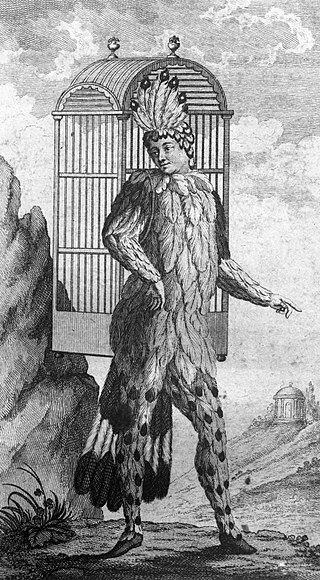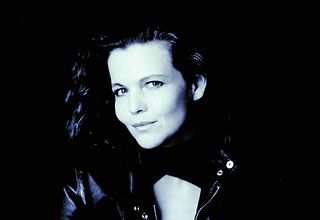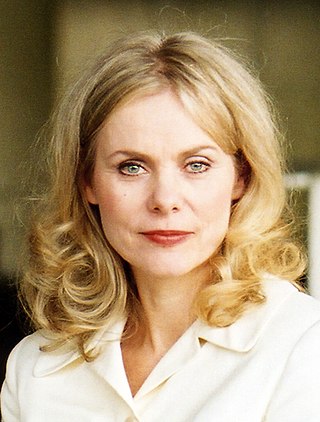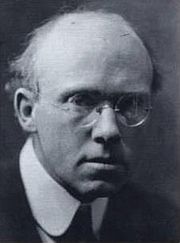
Ernst Theodor Amadeus Hoffmann was a German Romantic author of fantasy and Gothic horror, a jurist, composer, music critic and artist. His stories form the basis of Jacques Offenbach's opera The Tales of Hoffmann, in which Hoffmann appears as the hero. He is also the author of the novella The Nutcracker and the Mouse King, on which Pyotr Ilyich Tchaikovsky's ballet The Nutcracker is based. The ballet Coppélia is based on two other stories that Hoffmann wrote, while Schumann's Kreisleriana is based on Hoffmann's character Johannes Kreisler.

Die Entführung aus dem Serail is a singspiel in three acts by Wolfgang Amadeus Mozart. The German libretto is by Gottlieb Stephanie, based on Christoph Friedrich Bretzner's Belmont und Constanze, oder Die Entführung aus dem Serail. The plot concerns the attempt of the hero Belmonte, assisted by his servant Pedrillo, to rescue his beloved Constanze from the seraglio of Pasha Selim. The work premiered on 16 July 1782 at the Vienna Burgtheater, with the composer conducting.

The Deutsche Oper Berlin is a German opera company located in the Charlottenburg district of Berlin. The resident building is the country's second largest opera house and also home to the Berlin State Ballet.

Emanuel Schikaneder was a German impresario, dramatist, actor, singer, and composer. He wrote the libretto of Wolfgang Amadeus Mozart's opera The Magic Flute and was the builder of the Theater an der Wien. Peter Branscombe called him "one of the most talented theatre men of his era". Aside from Mozart, he worked with Salieri, Haydn and Beethoven.

Walter Braunfels was a German composer, pianist, and music educator.

Hans Schmidt-Isserstedt was a German conductor and composer. After studying at several music academies, he worked in German opera houses between 1923 and 1945, first as a répétiteur and then in increasingly senior conducting posts, ending as Generalmusikdirektor of the Deutsche Oper Berlin.

Ulf Schirmer is a German conductor and opera house administrator.

Georg Friedrich Haas is an Austrian composer. In a 2017 Classic Voice poll of the greatest works of art music since 2000, pieces by Haas received the most votes (49), and his composition in vain (2000) topped the list.
Mary Elizabeth Mills is an American opera singer.

Engelbert Humperdinck was a German composer. He is known widely for his opera Hansel and Gretel (1893).

Johanna Doderer is an Austrian composer.

Iris ter Schiphorst is a German composer and musician.
Tatjana Gürbaca is a German opera director of Turkish and Italian descent. Based at the Staatstheater Mainz from 2011 to 2014, she directed operas internationally, including contemporary operas and world premieres.

Der Traum ein Leben, Op. 50, is a 1937 German-language opera by Walter Braunfels based on Franz Grillparzer's 1834 play of the same name. It consists of three acts and a prologue and epilogue.

Verkündigung ("Annunciation") is a 1935 mystery opera in a prologue and four acts by Walter Braunfels to the composer's own libretto after the German translation of Paul Claudel's L'Annonce faite a Marie. Claudel's play tells the story of a woman, Violaine, who moved by pity kisses a leper and contracts leprosy herself, but heals the leper she had embraced. Violaine also brings back to life the child born to her sister Mara and Jacques, the man who betrayed her, and then dies herself. The names of Claudel's characters are germanified so the father Andre Vercors becomes Andreas Gradherz, Pierre de Craon becomes Peter von Ulm, and so on. The opera was premiered on 4 April 1948 in Cologne, conducted by Hellmut Schnackenburg, with Trude Eipperle as Violaine.
Wiebke Lehmkuhl is a German contralto in opera and concert who has appeared at international leading opera houses and festivals, including as Wagner's Magdalene at the Bayreuth Festival, as Erda in Paris, and as Annina at the Salzburg Festival. She was the alto soloist in Beethoven's Ninth Symphony at the 2017 opening of the Elbphilharmonie in Hamburg.
Andreas K. W. Meyer was a German dramaturge, journalist, librettist and opera manager. He directed the Oper Bonn from the 2013–14 season. Meyer was focused on the revival of forgotten operas, especially from the early 20th century, such as Szenen aus dem Leben der Heiligen Johanna by Walter Braunfels.

Kirsten Harms is a German theatre director and manager.
Ruben Drole is a Swiss operatic bass-baritone.
Joachim Werzlau was a German pianist, radio consultant and composer. He belonged to the first generation of composers in the GDR, where he was also active in organisations and politics. As a pianist, he played for the theatre, for Mary Wigman's dance school, and a kabarett, among others. He composed popular songs, music for audio plays, film scores, incidental music, and three operas. With films such as Nackt unter Wölfen and Jakob der Lügner, he was the most popular film composer of the GDR of his time.












